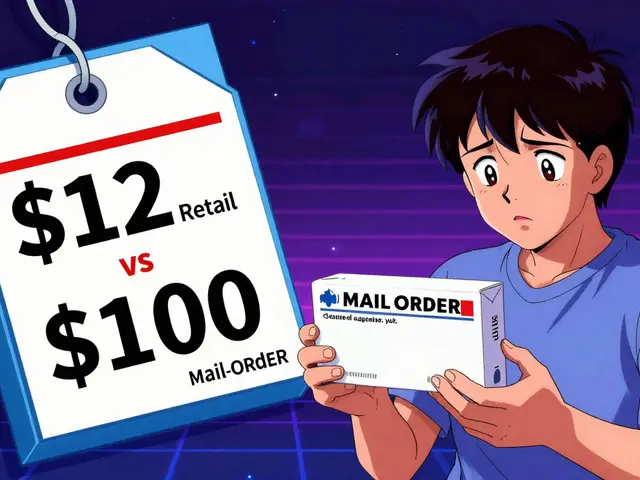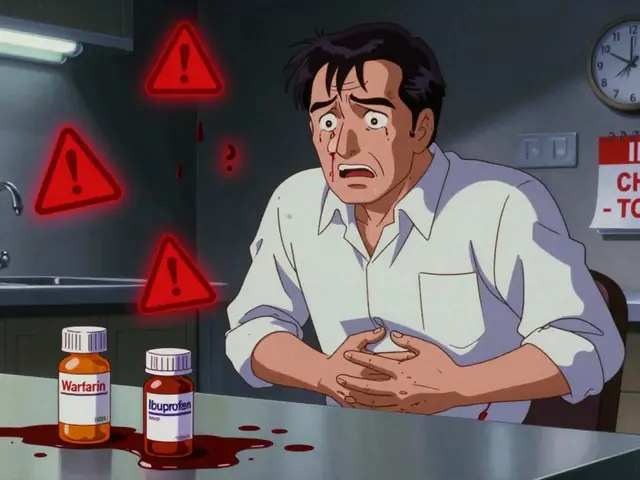Potential Risks When Using Medications and Buying Online
Medications help a lot, but they also come with real risks. This page points out the main dangers—side effects, interactions, fakes, scams—and gives clear steps you can use right away to protect yourself and your family.
Clinical and quality risks: side effects, interactions, and counterfeit drugs
Side effects and drug interactions are the most common risks. Always read the leaflet and ask your doctor or pharmacist which side effects to expect and which other drugs, supplements, or foods to avoid. If you get new symptoms after starting a medicine, call your prescriber—don’t guess.
Counterfeit or low-quality meds are another big danger, especially when buying online. Look for signs like odd packaging, pills that look different from what your pharmacy shows, missing lot numbers, or no expiration date. If a price looks too good to be true, it probably is.
Allergies and pregnancy are special cases. If you have known drug allergies, always double-check active ingredients. Pregnant or breastfeeding people should confirm safety with their clinician—some drugs can harm the fetus or infant even in small doses.
Buying online, privacy, and misuse: practical red flags and fixes
Shopping online saves time, but it adds risks. Red flags: a site that sells prescription-only drugs without asking for a prescription, no contact phone number, no privacy policy, or a web address that isn’t secure (no padlock in the browser). Check for country-specific verification—examples include NABP/VIPPS in the US, CIPA in Canada, or your national regulator.
Protect your personal data. Use a secure payment method, avoid saving medical details on public devices, and read privacy terms before creating an account. Scammers can use your info to bill you or run identity theft.
Misuse and accidental poisoning happen when medicines are stored or labeled poorly. Keep meds in their original containers, out of reach of children, and at the temperature shown on the label. Use a pill organizer only if you clearly label each day. When disposing, follow local take-back programs or community drop-off points—don’t toss pills in the trash or flush them unless the label says it’s safe.
If you suspect a counterfeit product or have a serious reaction: stop using the medicine, keep the packaging, contact your prescriber immediately, and report the issue to your local drug regulator (for example, FDA MedWatch in the US). Save proof of purchase and any tracking info if you need a refund or to help an investigation.
Small checks prevent big problems. Ask questions, keep records, and trust your instincts—if something feels off, reach out to a real pharmacist or doctor before you continue.





